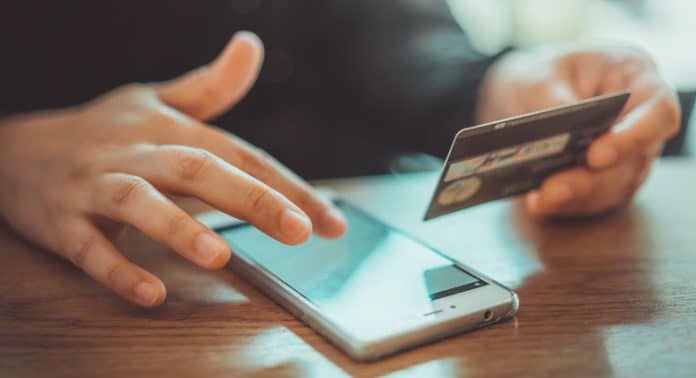
(FinancialHealth.net) – Calls from sophisticated scam artists often appear to come from a legitimate bank on Caller ID. The caller might even seem to have access to private financial data, such as banking account numbers, home addresses, employment status, maiden names, or the individual’s date of birth.
But that doesn’t mean you should trust them.
Scammers can access almost anyone’s personal information on the black market. That means the person calling you could very well be operating on that info alone. You cannot trust that an incoming call is legitimate just because they verify information about you.
So, what should you do?
NEVER GIVE ANYONE INFORMATION ON AN INCOMING CALL.
Ask for the purpose of the call. If you believe it is valid, hang up. Then, call your financial institution at the number on your regular account statement or on the back of your credit or debit card. Be wary of any numbers provided to you by the original caller, especially if they tell you to call a “special department” or “different number;” this is a red flag.
A reputable call from a bank or credit card issuer should, in most cases, ask you to verify your address or basic information when you call. This is an important step in keeping your account information safe.
The problem is that this can be brilliantly faked by someone calling you. If you fall for it, you might accidentally reveal critical information the caller can use to steal your identity, pilfer your money, or even commit acts of fraud.
Never give out information over an incoming call. Keep your identity safe by declining to answer and then calling the bank on your own. Your peace of mind, safety, and financial security is well worth those extra few minutes you might spend making the call.
Here’s to Your Financial Health!
Copyright 2020, FinancialHealth.net


















